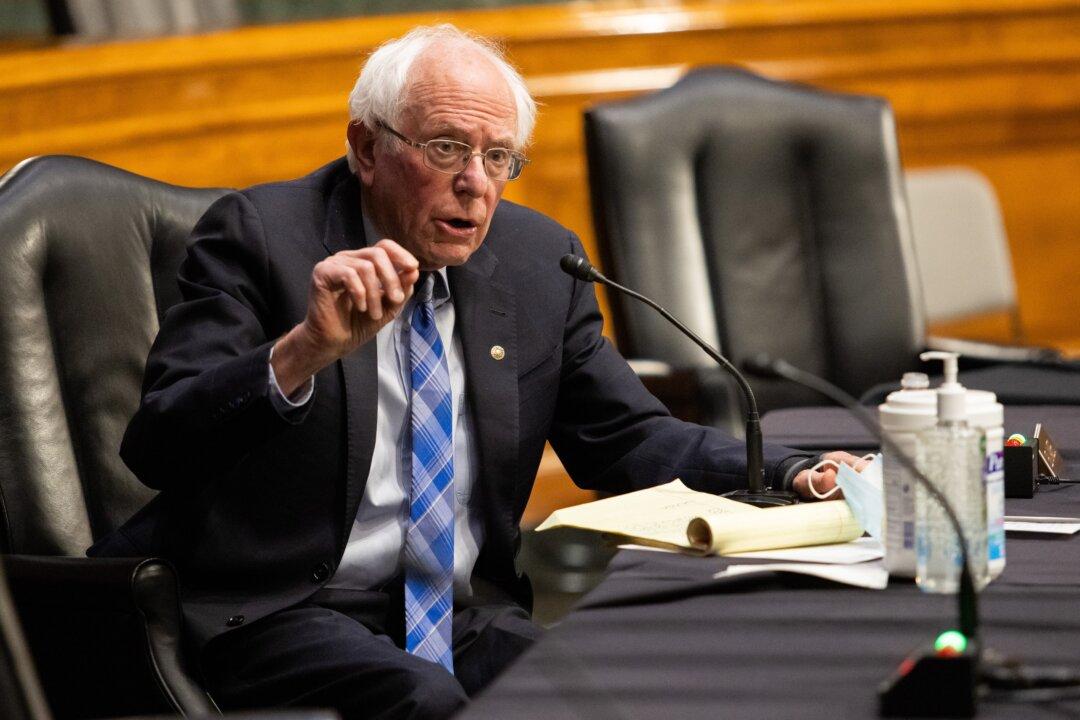After months of tough negotiations with moderate Democrats, Sen. Bernie Sanders (I-Vt.) took to Twitter to demand an all-or-nothing $3.5 trillion reconciliation bill.
Sanders, the author of the expansive budget, initially wanted a bill with a $6 trillion price tag, but this was eventually lowered in the final draft of his budget to $3.5 trillion. For some Senate moderates, even this lower price was far too much, and prominent Democrats have promised that they will not vote for a $3.5 trillion bill.





